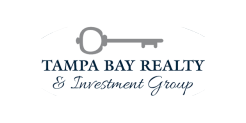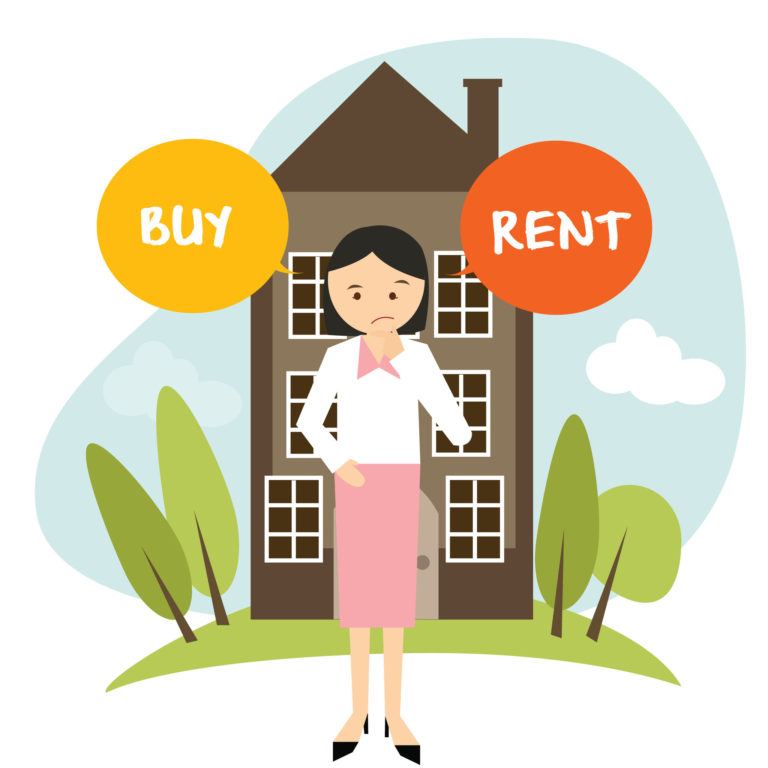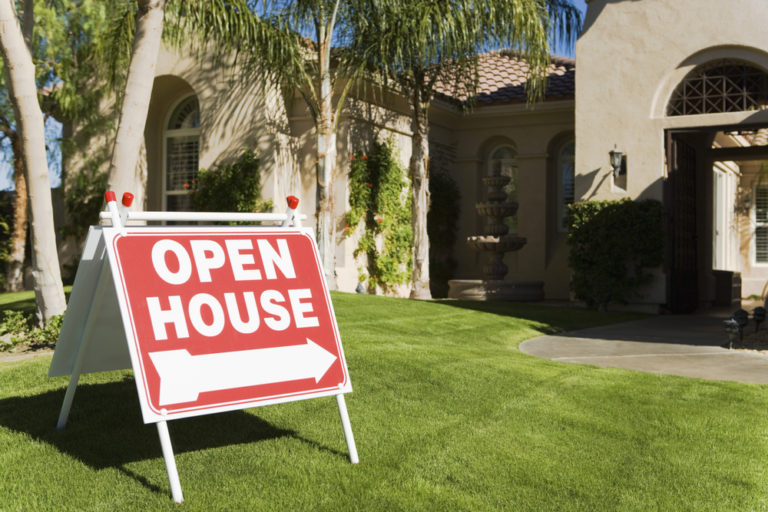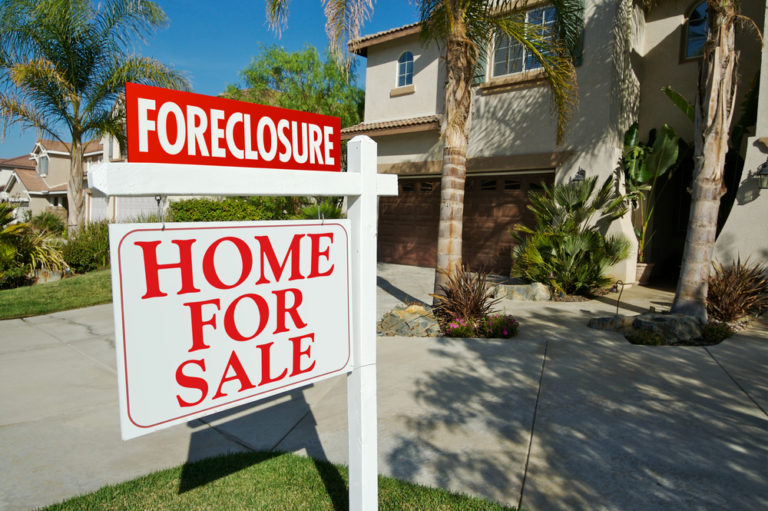Choosing between renting or buying a home is typically the most important financial decision adults make. However, the costs of buying a home are far more complicated and varied than renting, making it harder to decide which is better. Buying a home versus renting isn’t so much about one being better than the other, but about your financial goals and when the timing is right. Are you financially ready? What do you want out of a home? Here we’ll discuss key factors to consider in the rent vs buy discussion.
Smart Investments
Today’s housing market is booming, fueled by a bustling economy, increased demand and low interest rates. This seems the perfect environment for first-time home buyers, but there are several factors to consider. Purchasing a home requires a large sum in cash savings, as well as borrowed money. If you purchase a home at the top of your price range, both your down payment and mortgage mean a loss in investment flexibility with all potential investment capital tied up in home ownership costs. Homeowners may find themselves “house poor” after signing off on their first home mortgage.
Prospective homeowners should know buying a home is not just an investment, but also a highly leveraged asset, sometimes difficult and time-consuming to liquidate. Buying a home means you’re tying yourself to the economy of the area. If you buy a home in an appreciating neighborhood, an investment of this sort can make good sense. However, buying at the top of an already expensive market can mean a loss later on. Some finance experts suggest rent is money wasted when it could have gone towards home equity. However, reality says that paying rent may be a smarter economic option, especially as we continue to see the risks of deflation. When you rent, you are buying flexibility—the ability to invest or save freely— in addition to paying for a place to live.
Associated Costs
Many prospective homeowners fail to consider the costs involved with closing on a home beyond the down payment. These fees can get tacked on at closing, adding thousands of dollars in expenses. There are also other recurring costs associated with owning a home, including maintenance costs, property taxes, homeowner’s insurance and common area fees. Both property taxes and mortgage interest are tax deductible, so it may offset some costs. However, recurring fees should be added in when considering home ownership.
The Tampa Bay Housing Market
The decision whether to rent or buy in the Tampa Bay Area is especially complicated. The Tampa Bay Builder’s Association reports a shortage in affordable entry-level homes due to rising material costs and licensing delays. Projects that were intended to relieve the significant housing shortage have stalled. The lack of affordable homes, especially under $200,000, is driving prices up and out of reach for prospective homeowners. Conversely, the rental market is seeing a wave of multi-family rentals available. Overall, occupancy rates for apartments for rent in Tampa, FL are falling. Occupancy drops may drive landlords to lower rents to encourage renters to sign. As home shortages continue to drive prices, renting may offer more flexibility than buying.
Buying a home is a huge accomplishment, but also a potential risk. The best advice is to determine a budget in the middle or low end of what you can afford and stick to it. Look for areas in Tampa Bay that are up-and-coming and which will gain in value over time. Don’t be afraid to rent until you can find exactly what you are looking for, without compromising flexibility or your budget.




